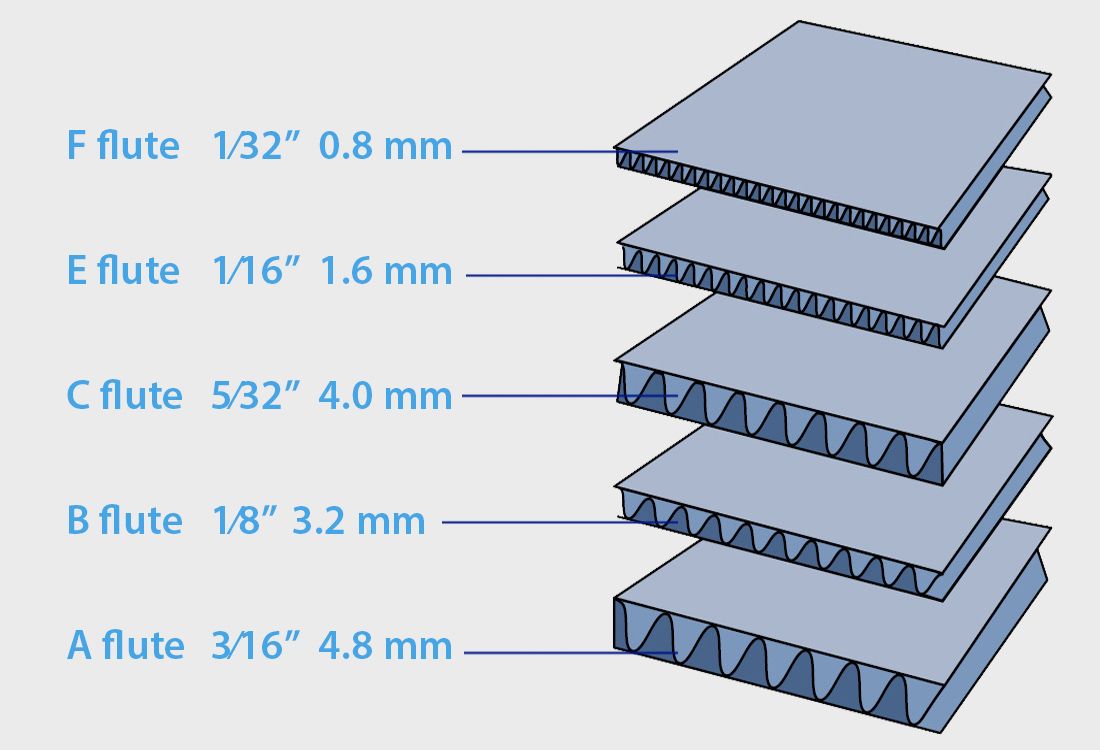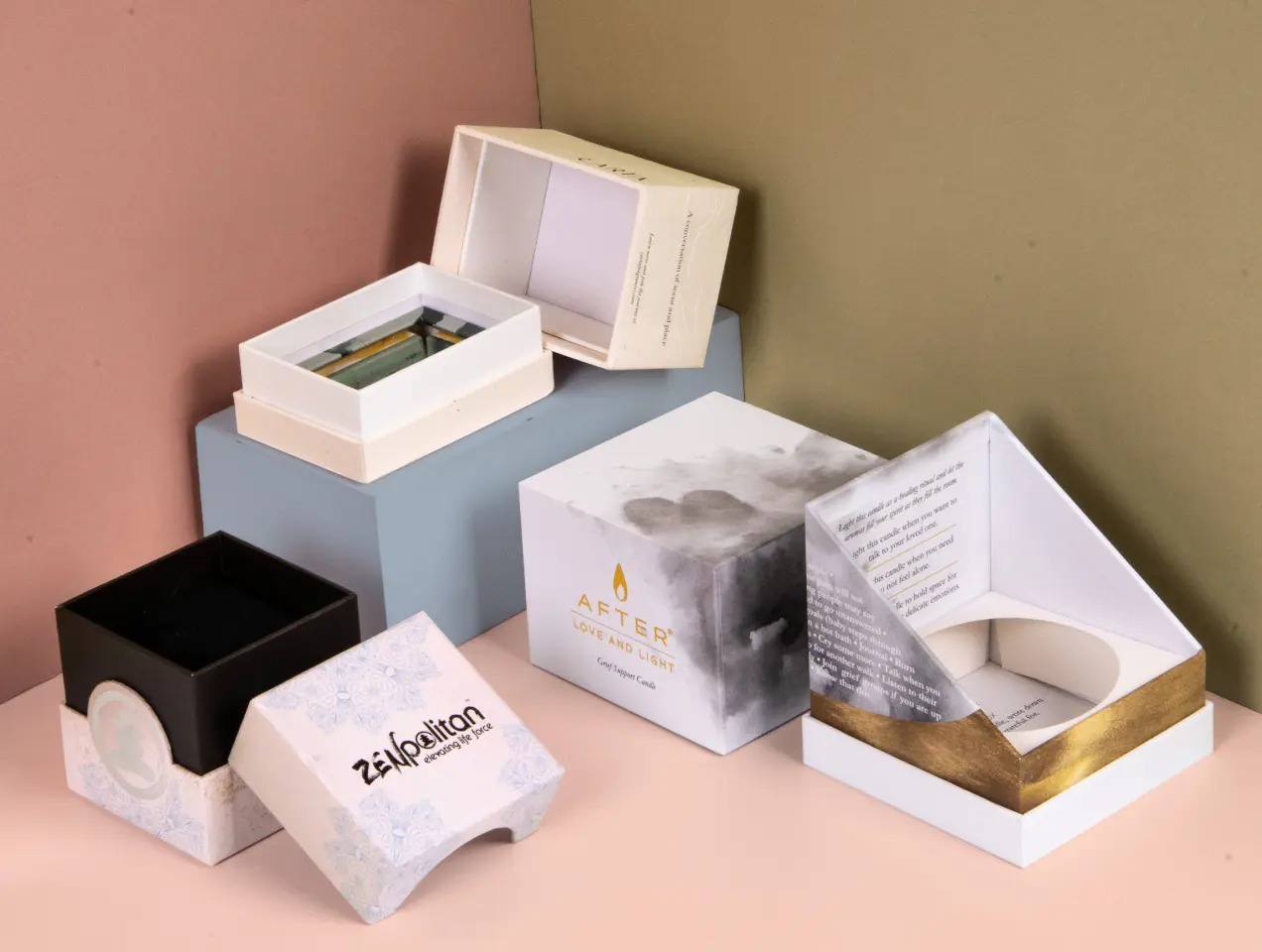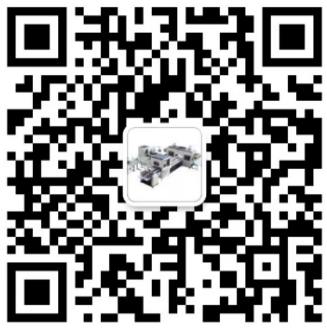- Home
- About Us
- Products
- Automatic Rigid Box Making Machine
- Automatic Case Making Machine
- Yamaha Visual Positioning Machine Series
- Semi Automatic Rigid Box Making Machine
- Semi Automatic Case Making Machine
- V Grooving Machine
- Rigid Box Corner Pasting Machine
- Paper Gluing Machine
- Rigid Box Forming Machine
- Box Assembly machine
- Slipcase Making Machine
- Application
- Service
- Blog
- Contact Us
- All
- Product Name
- Product Keyword
- Product Model
- Product Summary
- Product Description
- Multi Field Search
 English
English






